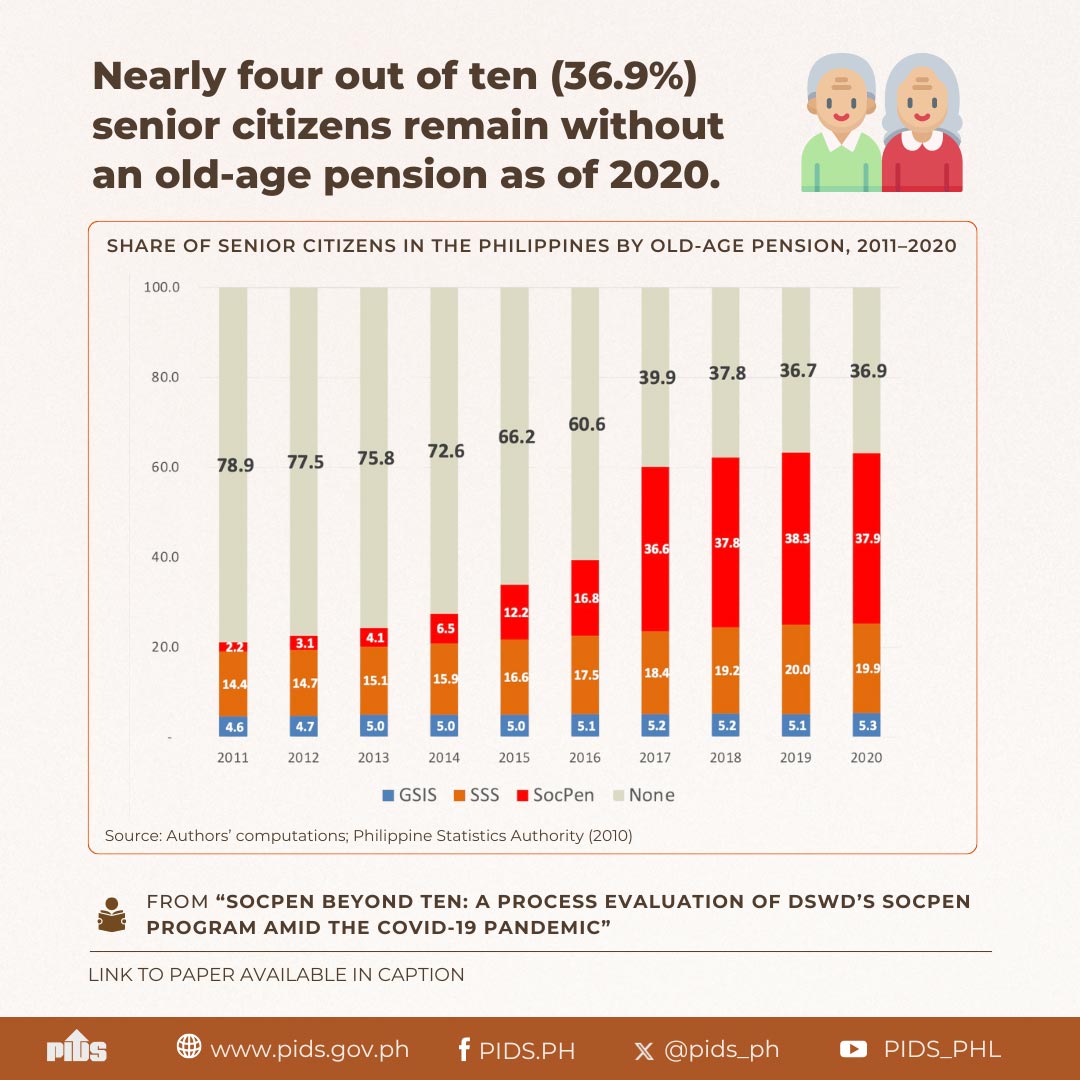Ensuring food security, especially during this time of pandemic, requires a strong synergy between government and the food industry, both agriculture and manufacturing, stakeholders stressed at a recent virtual town hall meeting to assess the country’s food-supply chain.
Speakers and participants in the forum organized by policy think tank, Stratbase ADR Institute, were one in saying that “in this time of pandemic and on to the new normal, managing the country’s food supply chain entails collaboration among stakeholders in entire agricultural ecosystem and its affiliate industries and sub-industries, including millions of farmers, fisherfolks, and workers and micro-scale businesses that are at the bottom of the ecosystem.”
With constrained mobility due to transport restrictions and limited people’s movement due to lockdown measures and fear of getting infected, the producer-market-consumer and production-consumption systems have been derailed significantly, it was noted in the forum.
While noting that it was only the agricultural sector that exhibited growth in this time of pandemic, Dindo Manhit, Stratbase ADRi president, aired the need to promote local agricultural cycle as he underscored that the flow of food and affiliate products must be ensured to increasingly provide food availability and access to the population.
Saying the government should continue to boost its current support in the local agricultural cycle, Manhit stressed that “importation of goods should be balanced and let the local supply sustain the local demand.”
Agriculture Undersecretary Ariel Cayanan assured that the agriculture department will strongly partner with the private sector and organized fisher groups in diversifying and expanding value chains from farms and fish farms to processing as he urged the private sector to invest and set up more agricultural industries in the countryside and develop markets for agri-fishery products.
“Agriculture must be treated as an industry, with the objective of increasing the value chain of agricultural commodities,” he said.
Nikki Sarmiento-Garcia, president of the Philippine Association of Feed Millers, stressed the need for government policies on agriculture to be data-driven and their implementation calibrated to ensure a balance between exportation and importation.
Government policies and actions, however, “do not neatly coincide, and government and stakeholders are put, wittingly or unwittingly, at loggerheads with one another.”
There’s a “divergence between policy and implementation,” Roehlano Briones of the Philippine Institute of Development Studies pointed out.
But Cayanan stressed that the agriculture department’s policy is “import should always be the last resort, meaning we have to, and we should be, actually, providing it [from] here.”
“While we promote export, we also take a look at the balance between buying local and importation,” he added.
Garcia also emphasized the need for policies and actions that “don’t steal the livelihood from the local industry,” referring to a food cycle that will not take out livelihoods from the agricultural sector.
Rex Agarrado of the Philippine Association of Meat Processors asked the government to institutionalize the accreditations of foreign meat establishments, even as he shared the openness of the meat processing industry to be taxed more, as the mechanically deboned meats are sourced externally while other parts are bought locally.
The government and food industry stakeholders was urged to focus their collaboration on striking the balance between the national food chain and local agricultural industry vis-à-vis international market. Such partnership could start by crafting a road map for agriculture, specifically livestock and poultry sector, with the end goal of making the industry more competitive and a player in the global food supply chain.
Magsasaka Party-list Rep. Argel Cabatbat raised the issue of decentralization and food security, arguing that it would benefit “to decongest cities, and enable us to have cleaner air and less pollution, generate more employment, and most importantly, safer food for all, and higher profit for the farmers.”
Cabatbat also stressed the need “to bridge the gap between producers and end-consumers,” which Elias Jose Inciong of the United Broiler Raisers Association illustrated by pointing out that “consumers are complaining about affordability, and the producers are also complaining about the low farm-gate prices.”
Bottom line: Food industry stakeholders agree that agricultural importation does not promote food security, and the DA should support the local sector and its connected industries and workers.
Producers seek government-industry synergy to ensure food security amid Covid












